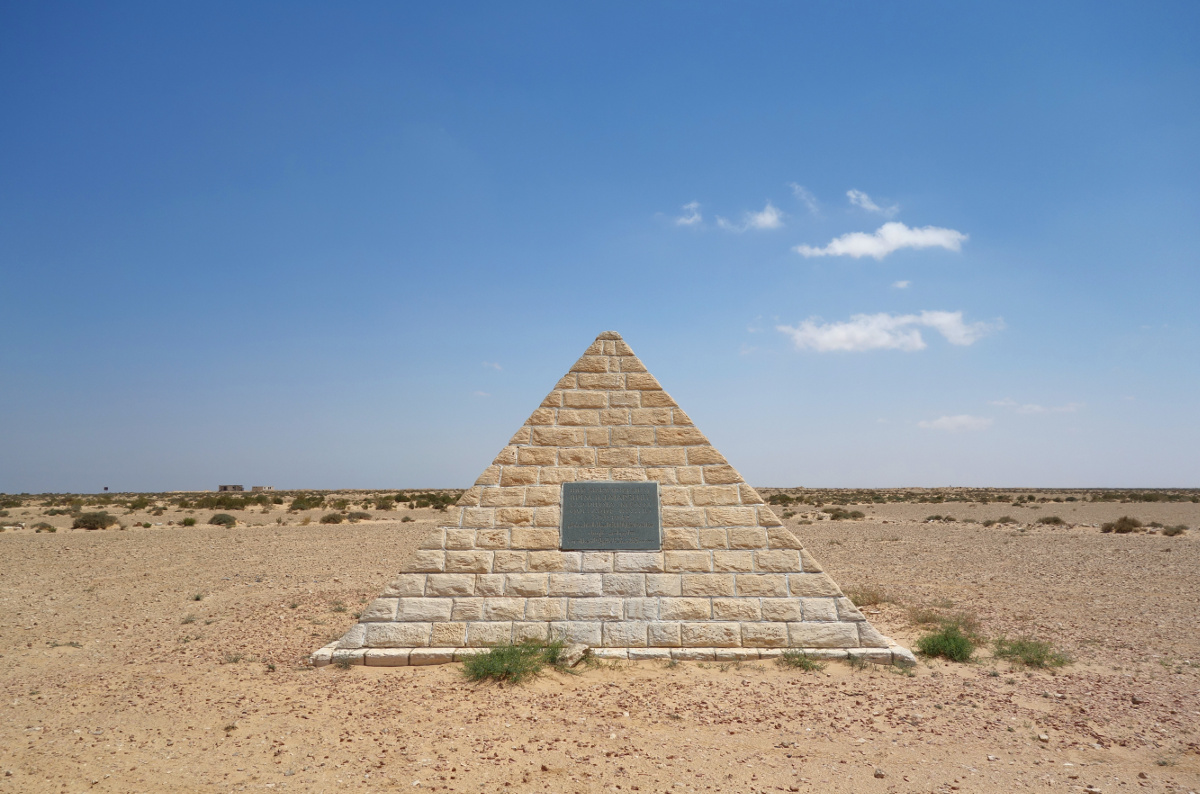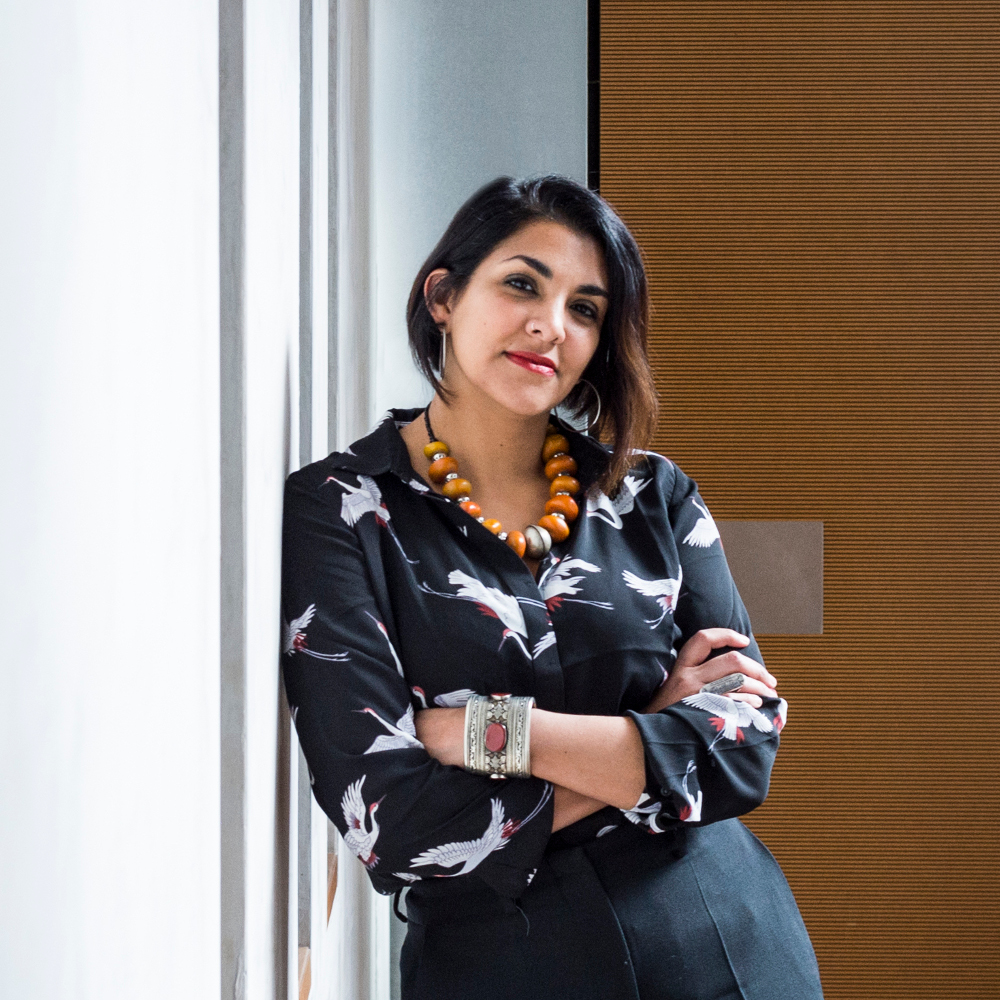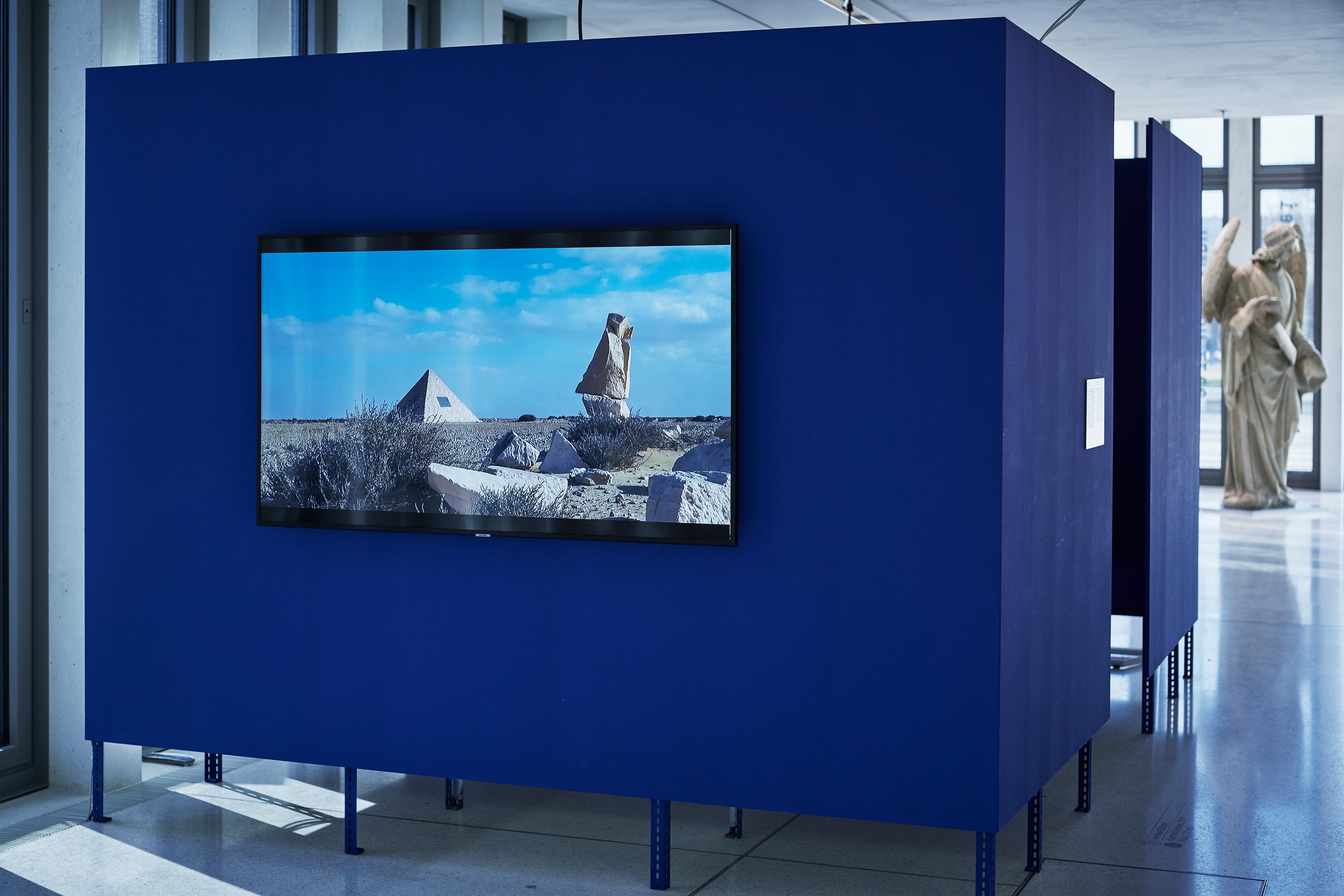The Devil’s Garden, 2019
During WWII, the North African desert set the backdrop for a power struggle over colonies between European armies. The Devil’s Garden explores narratives related to the German Africa Corps and their lingering presence in northern Egypt. Through trajectories marked by colonial warfare and failed political movements in North Africa, Heba Y. Amin examines the use of technologies for hegemonic power and the technofossils they leave behind. In her most recent work, she looks at the story of a Nazi pyramid located in El Alamein, commemorating a WWII German fighter pilot dubbed The Star of Africa. Her work reveals the story of modern technological progress as one of empire and colonial exploitation, and examines the concepts of domination and authoritarianism exercised through technology. The Devil’s Garden uncovers the residue of European ideologies and the associated repercussions for local populations impacted by conflicts that were never theirs.




